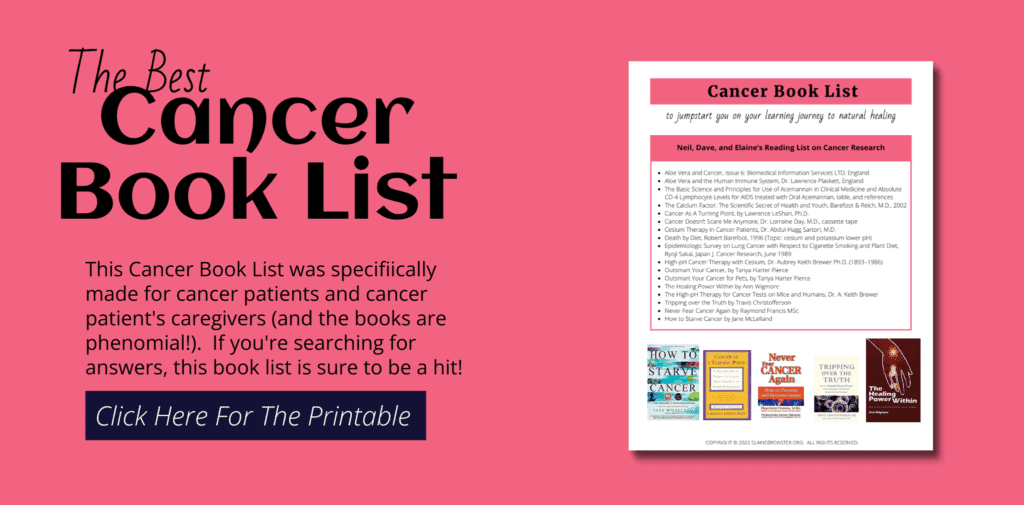Health is More Than the Physical Body
Neuroscientist Dr. Candace Pert used the term “bodymind” to identify the connection between our physical and emotional selves. She actually discovered molecules that create emotions and explained in layman’s terms how daily emotional self-care is missing for most of us. “The tendency to ignore our emotions is oldthink, a remnant of the still-reigning paradigm that keeps us focused on the material level of health, the physicality of it. But the emotions are a key element in self-care because they allow us to enter into the bodymind’s conversation. By getting in touch with our emotions…we gain access to the healing wisdom that is everyone’s natural biological right.”
Pert says to acknowledge and claim “all our feelings, not just the so-called positive ones. Anger, grief, fear—these are not negative in themselves; in fact, they are vital for our survival. We need anger to define boundaries, grief to deal with our losses, and fear to protect ourselves from danger. It’s only when these feelings are denied so that they cannot be easily and rapidly processed through the system and released, that the situation becomes toxic.”
A practical example of the benefit of processing immediately was when my name was inadvertently left off a musical program. I wanted to make sure that my piano piece was included (after all, they had asked me specifically, and I had been practicing for three weeks), so I called the woman in charge. This really cool, take-charge woman quickly came up with two solutions, but both of her solutions discounted me and only made me feel worse. Well, end of story—at the concert I did get to play my piece and people liked it a lot. But is that the end of the story? Later I found myself stewing over her solutions, which were to play it as a prelude (which means no one would be listening) or to leave it out entirely. I decided to do what Candace Pert suggested: to “process them quickly.” So, I called the woman in charge. I told her how much I appreciated her, and what a good job she’d done on the program. Then I hesitantly told her how her quick solutions had not worked for me and how they had made me feel. To my surprise, she laughed and said, “Thank you for telling me! I’m so glad you called. I certainly did not mean to make you feel that way. And now I know more about you!” Even if the interchange had not been positive, calling her and having a conversation was the right thing to do to free my emotions and not bottle them up.
Excerpt from Scott’s Choice page 137
Learn more about the connection between mind and body on ElaineBrewster.org > Podcasts.

